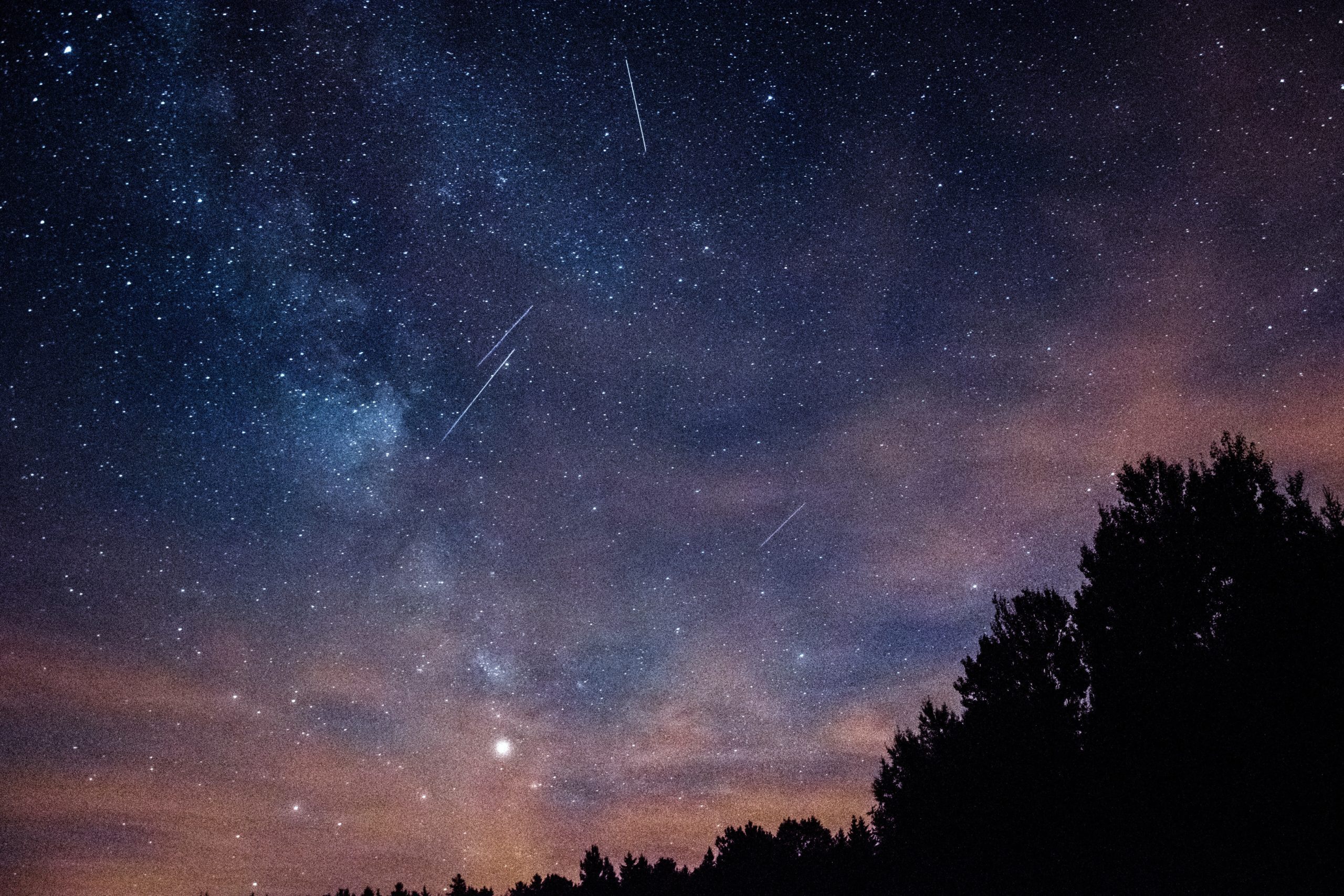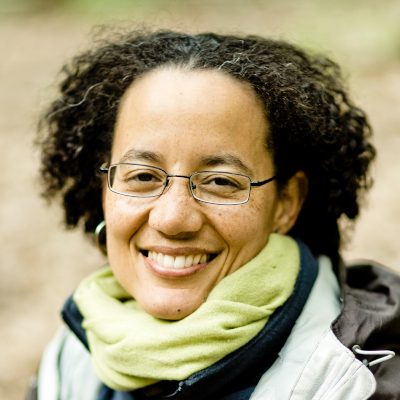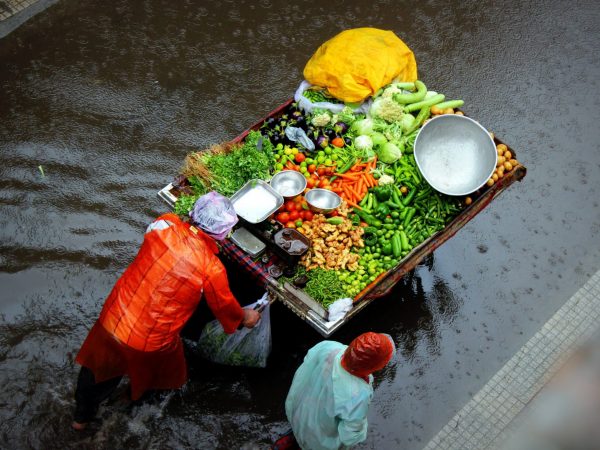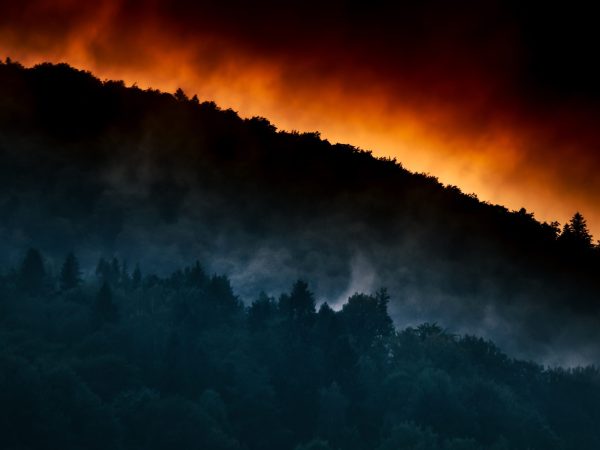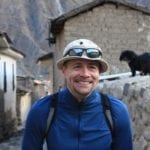My friends, do not lose heart. We were made for these times. I have heard from so many recently who are deeply and properly bewildered.… Ours is a time of almost daily astonishment and often righteous rage over the latest degradations of what matters most…. You are right in your assessments…. Yet, I urge you, ask you, gentle you, to please not spend your spirit dry by bewailing these difficult times. Especially do not lose hope. Most particularly because, the fact is that we were made for these times. Yes. For years, we have been learning, practicing, been in training for and just waiting to meet on this exact plain of engagement.
When I was a teenager, I read numerous memoirs and novels about Civil Rights Movement activists and their courageous and intelligent organizing, putting their lives at risk and their families in danger to help transform our society. I remember passionately wishing I had been born in those times so that I could help change history the way they did.
It is clear to me now that there is no other time I should have been born into.
The tremendous challenges humanity is now faced with are unlike any confronted by previous generations. Scientists on the Intergovernmental Panel on Climate Change have found that we have until 2030, less than a decade, to reduce carbon dioxide and other greenhouse gas emissions by 45 percent if our planet is to remain habitable. Interwoven with the koan of being good stewards of the only planet we have are the challenges of unraveling white supremacy and racial capitalism, toxic patriarchy, poverty on a global scale, homophobia, xenophobia, and the greed, hatred, and delusion at their roots. It is clear to me now that there is no other time I should have been born into. While the basic freedoms many enjoy today are due to the enormous sacrifices of the many young people of the Civil Rights Movement, I believe we are each called to continue their work in new ways to bring about even deeper freedom and greater awakening so that we can truly live harmoniously and altruistically with each other, our world, and all its species.
. . .
When I was in the process of deciding to leave monastic life, I was terrified. I had no idea what would come next, and I was giving up security, love, and belonging for a totally unknown future with absolutely no guarantees. Yet I knew I had to take the leap and leave the safety of my life to see what would await me. It was the first time in my life I was making a decision that was not supported by most of the people I loved and respected. But as I listened to my own intuition, my inner voice, I learned that I could trust it.
As soon as I made that first small, tentative step into the unknown, it was as if the earth rose up to meet my foot and supported me. One invitation to teach led to another and I was able to slowly begin to support myself and connect with communities that welcomed me, in all my awkwardness of moving out of one identity but not yet fully something else.
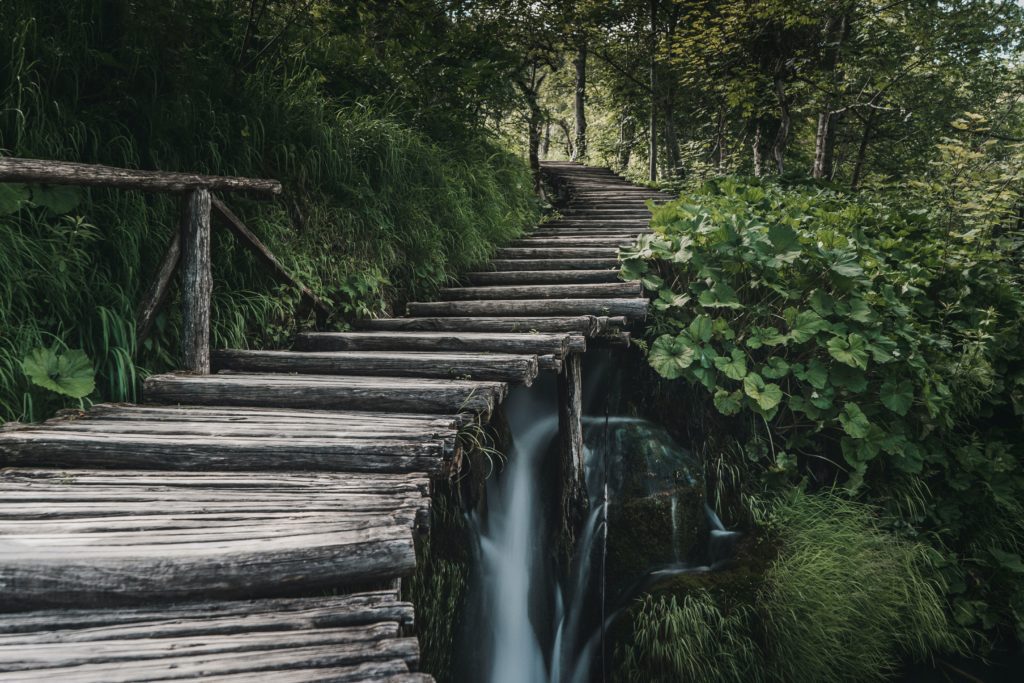
Each step gave me more faith and trust that I could do this. Life was calling to me to keep going and it continued to support me at every turn, even if I couldn’t have seen quite how, just one or two steps back. I just kept going and sure enough there was a way for me. “By walking, one makes the road,” as the poet Antonio Machado writes.
For nearly twenty years I had been singing a song our community sang often, “Here Is the Pure Land.” It includes this line: “The Sangha body is everywhere; my true home is right here.” The “Sangha body” means the community of those practicing the path of awareness and compassion. Only when I left the monastery and was received and nourished by spiritual community after spiritual community in many parts of the world did I realize the deeper meaning of this line in the song. As a nun I believed the monastic community was the only place I could truly practice deeply, and part of my terror of leaving was the fear that I would lose my practice without the twenty-four-hour-a-day support of a residential monastic community. But as I traveled and led retreats and events on my own for the first time, I experienced more and more clearly lay communities that were extremely dedicated and put incredible energy into nourishing their local groups with mindfulness.
On previous teaching trips, I had always traveled with another nun. Now that I was alone with the communities I was visiting, we were more vulnerable with each other. The barrier between monastics and laypeople began to come down, and I experienced how held and supported I was by the Sangha body that was truly everywhere. And how my true home is right here, not only in the monastery around other monastics, but also in the middle of daily life in a busy city surrounded by all kinds of people. My true home is anywhere there is practice, anywhere I am showing up fully present to connect and be with others. I began to touch and understand that I already had everything I needed.
Understanding on this deeper level that my true home is right here wherever I am also leaves me full of gratitude and reverence for the precious contribution that the monastics and the monasteries make to our world, without which I wouldn’t be who I am. They have a unique role in helping to preserve the heart of many of our traditions. I continue to stay connected to the monastic Sangha and be deeply nourished by these noble practitioners.
My true home is anywhere there is practice, anywhere I am showing up fully present to connect and be with others.
What can be so stressful in moments of change or challenge is feeling unprepared, caught off-guard, somehow out of control. But if we shift our perspective right in the midst of this falling and losing control, we can maintain our balance inside of us and touch the many resources we already have to meet the unexpected. We must learn to do this both as individuals and as a collective. The elders of the Hopi Nation in Oraibi, Arizona, offered this timely wisdom:
… There is a river flowing now very fast. It is so great and swift that there are those who will be afraid. They will try to hold on to the shore. They will feel they are torn apart and will suffer greatly.
Know the river has its destination. The elders say we must let go of the shore, push off into the middle of the river, keep our eyes open, and our heads above water. And I say, see who is in there with you and celebrate. At this time in history, we are to take nothing personally, least of all ourselves. For the moment that we do, our spiritual growth and journey comes to a halt.
The time for the lone wolf is over. Gather yourselves! Banish the word struggle from your attitude and your vocabulary. All that we do now must be done in a sacred manner and in celebration.
We are the ones we’ve been waiting for.
Though the river is moving very fast, it has its destination; we can trust this. We don’t need to know the destination. We do need to keep our eyes open and see who is with us and celebrate. Because we are the ones we’ve been waiting for.
Whatever travails or transitions you are facing in this moment, please remember: we were made for these times. Whenever we come home to this moment, whenever we engage in mindfulness practices like the ones we have learned in this book, this is preparing us, in every breath, in every step, to meet the suffering and challenges of this moment.
From We Were Made for These Times, by Kaira Jewel, Parallax Press (2021). It is reprinted here with permission.
